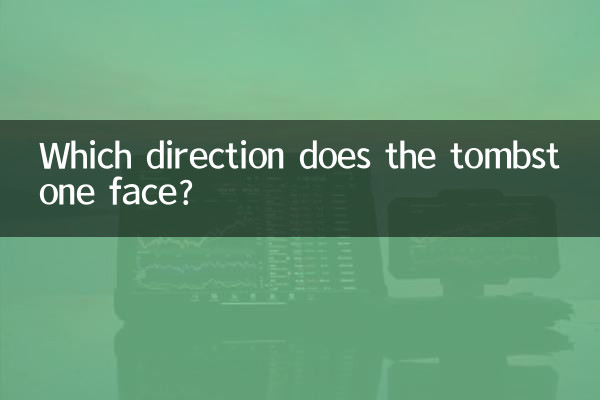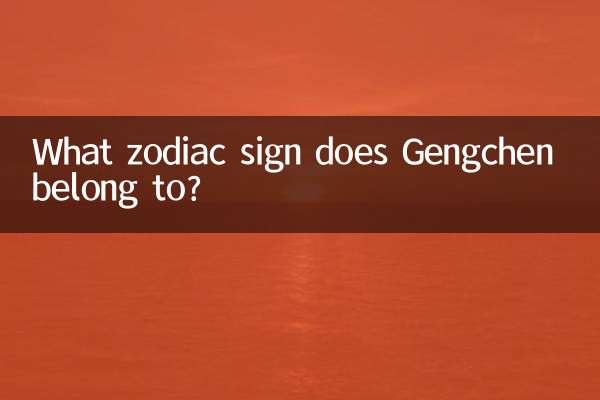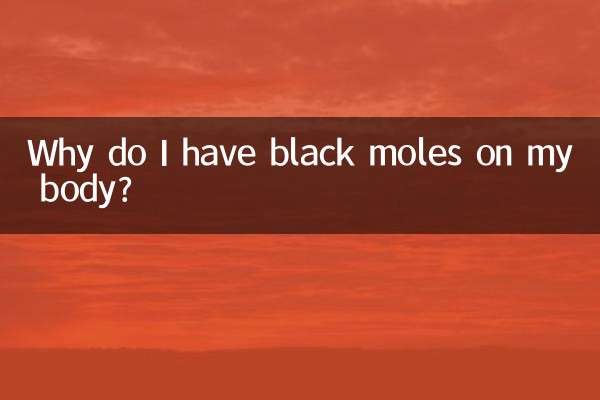Which direction should the tombstone face: traditional customs collide with modern perspectives
Discussions about the orientation of tombstones have sparked heated debate on social media in recent years. The collision between traditional Feng Shui and modern environmental protection concepts makes this seemingly simple problem complicated. This article will combine the hot topics on the Internet in the past 10 days to discuss the cultural connotation, Feng Shui and practical controversies of tombstone orientation.
1. Review of hot topics across the Internet

| Topic keywords | Discussion popularity | Main platform | time range |
|---|---|---|---|
| Tombstone Orientation Feng Shui | 85,000+ | Weibo/Zhihu | last 7 days |
| Ecological burial and traditional burial | 123,000+ | Douyin/Bilibili | Last 10 days |
| Cemetery price and orientation | 62,000+ | Today's headlines | last 5 days |
2. The orientation of tombstones in traditional Feng Shui
According to ancient records and Feng Shui masters’ suggestions, the orientation of traditional tombstones has the following main points:
| towards | Meaning | Applicable terrain | Taboo |
|---|---|---|---|
| Sit north and face south | The appearance of an emperor, with sufficient yang energy | plain area | Avoid sharp buildings |
| Sit west and face east | Purple air comes from the east, and descendants will prosper | Mountain | Avoid touching dead trees |
| With mountains behind and rivers facing | Hide the wind and gather energy to bless future generations | hills | Avoid reverse bowing of water |
3. Focus of Modern Controversy
1.The conflict between ecological burial and traditional burial: Environmentalists advocate tree burials, flower burials and other forms that do not require tombstones, in sharp contrast to the traditional custom of erecting monuments. The Weibo topic #shouldthegravestones be cancelled? has been read 230 million times.
2.Cemetery commercialization issues: The phenomenon of "increased prices for Feng Shui directions" has been exposed in many places. The price of "due south facing" tombs in a cemetery is 40% higher than in other directions, triggering public doubts about the huge profits in the funeral industry.
3.Changes in the mindset of the younger generation: The video "How Post-2000s View Posthumous Events" released by the "Life and Death Observer" of Station B UP shows that 68% of the young people surveyed said they "don't care about the direction of the tombstone."
4. Orientation selection from a scientific perspective
Geographers offer the following practical advice:
| Considerations | scientific explanation | Recommended plan |
|---|---|---|
| Sunlight angle | Avoid weathering caused by long-term exposure to the sun | The northern hemisphere should be slightly southeast |
| soil properties | Prevent rain erosion and collapse | Clay soil should be on a slope |
| vegetation distribution | Root growth affects stability | Avoid areas with dense trees |
5. Cultural inheritance and adaptation to the times
Folklore experts point out that the custom of tombstone orientation carries thousands of years of views on life, death and family values. In contemporary society, it is recommended to adopt the principle of "respecting tradition and moderate innovation":
- Retain the reasonable elements of basic Feng Shui principles
- Combined with modern geological survey technology
- Consider the deceased’s wishes
- Taking into account ecological and environmental protection
The recent popular Douyin video "Grandpa's Tombstone Diary" received 3.2 million likes. It tells the true story of a family who adjusted the orientation of the tombstone to 15 degrees east by north based on the deceased's wish to "see the sunrise" during his lifetime. It shows the humane evolution of traditional customs.
Conclusion:The debate over tombstone orientation is essentially a dialogue between traditional culture and modern life. In an era of rapid change, we need to establish a new funeral concept that respects cultural roots and meets practical needs. As netizen Qingshan Buyu left a message under the hot search topic: "What matters is not where the stones are facing, but how we remember where they faced in life."

check the details

check the details